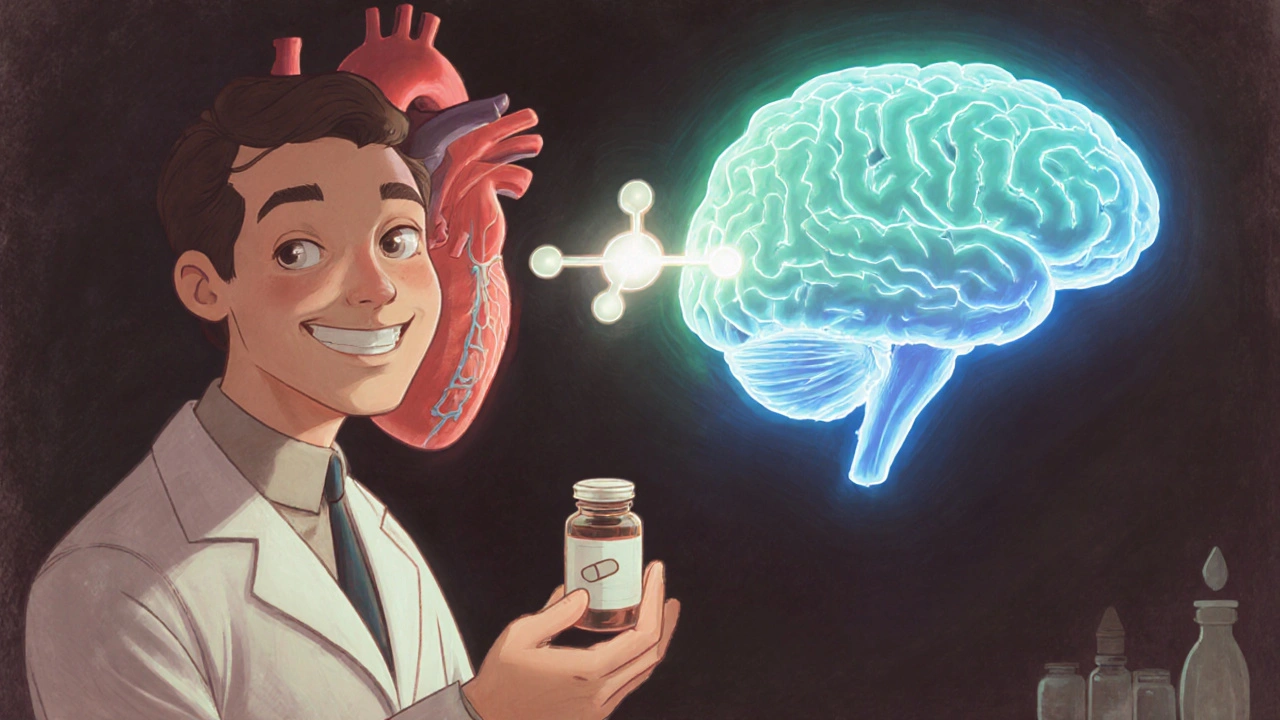Mood and Medication: How Drugs Affect Your Emotional Health
When we talk about mood, a person’s emotional state that can shift due to biology, environment, or medication. Also known as emotional state, it plays a central role in how we handle stress, sleep, relationships, and daily tasks. Your mood isn’t just "feeling down" or "feeling up"—it’s deeply tied to brain chemistry, and the drugs you take can either help or hurt that balance. Think of mood as a thermostat: too much or too little of certain chemicals like serotonin or dopamine, and things go off-kilter. That’s where medications and supplements come in—not as magic fixes, but as tools to help your body find its rhythm.
Take antidepressants, medications designed to correct chemical imbalances linked to depression and anxiety. Also known as mood stabilizers, they’re used by millions to manage persistent sadness, lack of energy, or overwhelming worry. Not all work the same way—some target serotonin, others norepinephrine. Dosulepin, Celexa, and Wellbutrin each have different side effects and benefits, and what works for one person might not work for another. Then there’s vitamin B6, a nutrient that helps produce neurotransmitters like serotonin and GABA, which regulate mood and calm the nervous system. Studies show it can reduce stress and anxiety, especially when levels are low. It’s not a replacement for prescription meds, but it’s a real, science-backed helper for people looking to support their mental health naturally.
Your mood doesn’t exist in a vacuum. It’s shaped by sleep, diet, stress, and even the antibiotics you take for a sinus infection. Some drugs—like certain antibiotics or hormonal treatments—can quietly mess with your emotions without you realizing it. That’s why knowing what’s in your system matters. Whether you’re on HIV meds like Atazanavir, managing menopause with estrogen, or using supplements like pyridoxine, your mood is always in the background, watching and reacting. The good news? You’re not alone in this. The posts below give you clear, no-fluff comparisons and real-life tips from people who’ve been there. You’ll find out which antidepressants work best for specific symptoms, how to spot hidden mood changes from other meds, and what natural support actually does. No guesswork. No hype. Just facts you can use to take back control of how you feel every day.

How Acetyl-L-Carnitine Affects Mood and Depression - The Latest Evidence
Explore how acetyl-L-carnitine works, its clinical evidence for depression, dosage tips, safety, and how it compares to other mood‑boosting supplements.
Read more